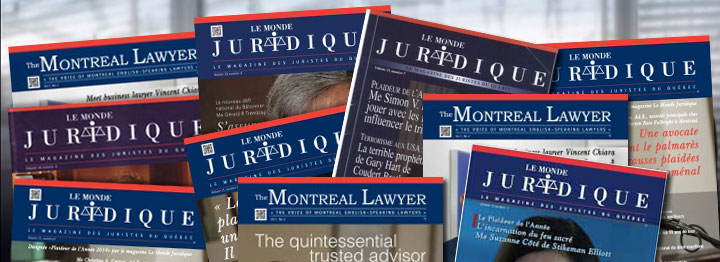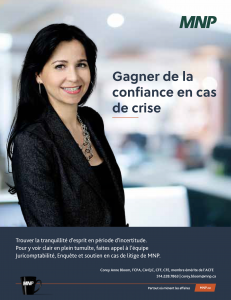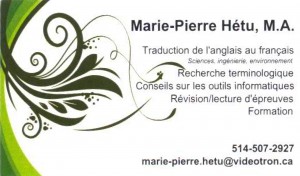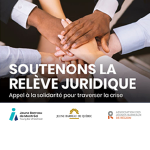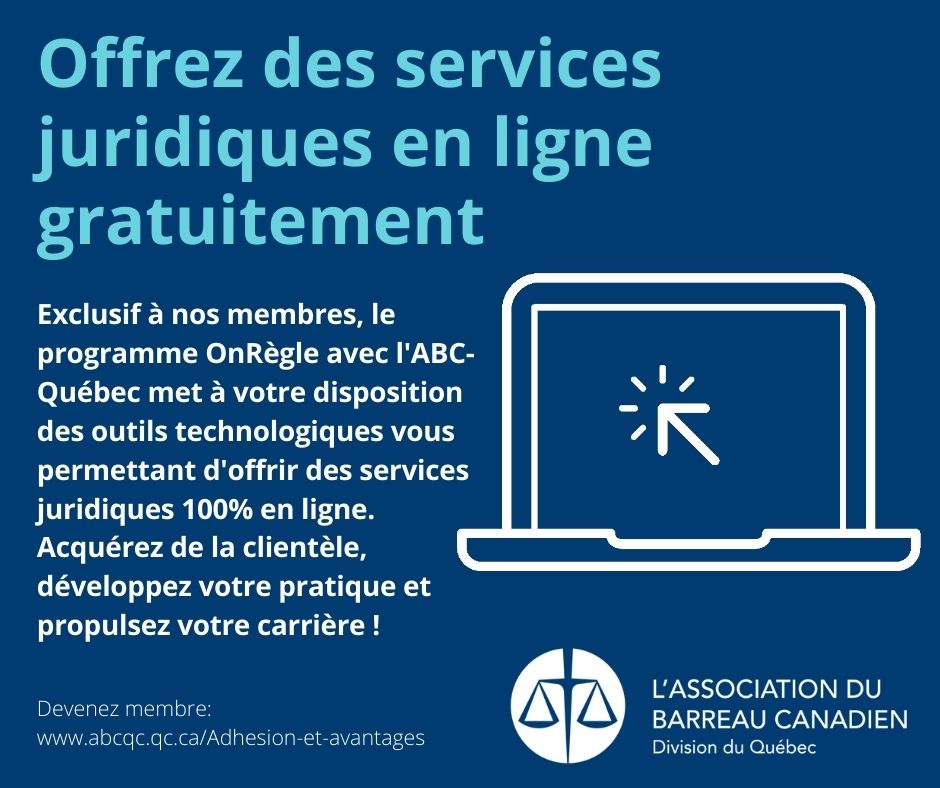The #LegalLeadership Interview Series on High Performance Counsel focuses on the people and the technology changing the legal industry over the next decade.
We interviewed Ed Walters, CEO of FastCase:
Who are you and what is your role?
I’m Ed Walters, CEO of Fastcase, and an adjunct professor at the Georgetown University Law Center, where I teach The Law of Robots.
From who or what do you draw inspiration as a leader?
I’m inspired by Elon Musk – he’s not just visionary, but he’s building out everything at once – self-driving cars, advanced batteries, solar panels, private rockets, missions to Mars, the hyperloop, tunnels under Los Angeles. He’s pioneering them all at once! I especially admire that he’s doing these things, not just talking about them.
What do you think are the most important leadership qualities in today’s world?
It’s important to have vision and to have a conviction about how to change the course of events for the better in a big way. It’s important to be able to communicate that vision clearly. And it’s important to inspire the best from the people on your team to make that vision into a reality.
Would you care to share your greatest failure – and what you learned?
In many ways, we’ve failed by being too conservative. We’ve had some good ideas over the past 10 years that we didn’t pursue aggressively enough. We’re determined to run Fastcase profitably and conservatively, to avoid the boom-to-bust cycle we’ve seen with other software companies. But that’s come at a cost, and we’ve innovated and grown more slowly because we’ve chosen that path. We’ve learned that it’s a difficult balance between growth and profitability. There’s no right answer, of course, but it’s difficult to get the balance right.
What has been you most satisfying success as a leader?
We’re always happy that the free Fastcase mobile apps for iOS, Android, and Windows Phone are as popular as they are. The annual ABA Tech Survey has pretty consistently ranked Fastcase as the most popular legal app for lawyers (of any kind, not just for legal research). We started Fastcase to democratize the law and to make legal research smarter – so when we saw that our free mobile apps increased subscribers to the paid desktop version, we were thrilled. There are hundreds of thousands of mobile users who get free access to legal research from Fastcase, which is pretty gratifying!
What advice would you give to the younger generation contemplating law as a career?
I’m pretty bullish on the practice of law right now. I think the future is bright for lawyers who are prepared to seize the opportunity. We’re on the cusp of a new age of more sophisticated practice – an age in which we can serve more people, and with a higher quality of representation. I’d recommend cross listing some classes in law school that will matter to clients – like accounting, data analysis, and software development, to name a few. New lawyers should continually educate themselves, and they should be unafraid to be bold in reinventing the profession. It’s a great time for it!
Do you think the leadership in law is ready for change?
Clients are clearly ready for the change, which is why they are bringing so much business in house. When clients are ready for change, then the leadership in law is ready for the change. If they’re not ready, they’d better get ready.
Is more – or different – leadership required? In what ways?
Existing law firm leaders can make important changes, especially as younger lawyers begin to take leadership roles. Law firms are creating expert systems, hiring data scientists, starting legal tech venture funds, and structuring their data for better analysis. Law firms aren’t nimble, but they don’t necessarily need to be – the change will come slowly, but I’m confident it will come.
How deep do you think will be the inroads of technology in the industry?
Technology already touches almost every interaction of lawyers and clients. Lawyers use computers to communicate, schedule, research, assess risk, find new clients, bill, conduct discovery, arbitrate, settle – it’s hard to think of a part of the practice that *doesn’t already* rely heavily on technology. As a thought experiment, imagine how much legal work we could get done during a week-long power outage. It would be chaos – we saw this after Hurricane Katrina and Superstorm Sandy. Technology has become so pervasive that we don’t even see it anymore.
Do you think professional ethics are challenged by so much change in the legal industry?
I know that I should be more alarmist about technology, after saying that law firms are making important changes and that technology is already ingrained in legal culture. But I don’t believe that change in legal tech are straining professional ethics. If you read accounts of professional discipline, most are rooted in exactly the same kinds of issues that they always have been. I will say that we have a great opportunity to serve more clients at lower costs using technology – which is great news for lawyers, many of whom are underemployed and overleveraged with student loan debt – and for clients, some 80% of which are bypassing the legal services market when they have a legal problem. I’ve written a bit about the Industrial Revolution, and how the use of standard parts, division of labor, continuous improvement, and automation created an American Century for the auto industry, serving more people at lower prices. It sounds like a great recipe for lawyers, too.
The opinions expressed in this interview are those of the interviewee, and not of their affiliated organizations or of High Performance Counsel.
Contact Information
David Kinnear
NY Office: +1 (917) 463-4591
iCrowdNewswireCopyright © 2016 iCrowdNewswire, All rights reserved.
Our mailing address is:
iCrowdNewswire, 11630 SW 97 Street, Miami, Florida 33176
If you no longer wish to receive mail from us, you can unsubscribe


